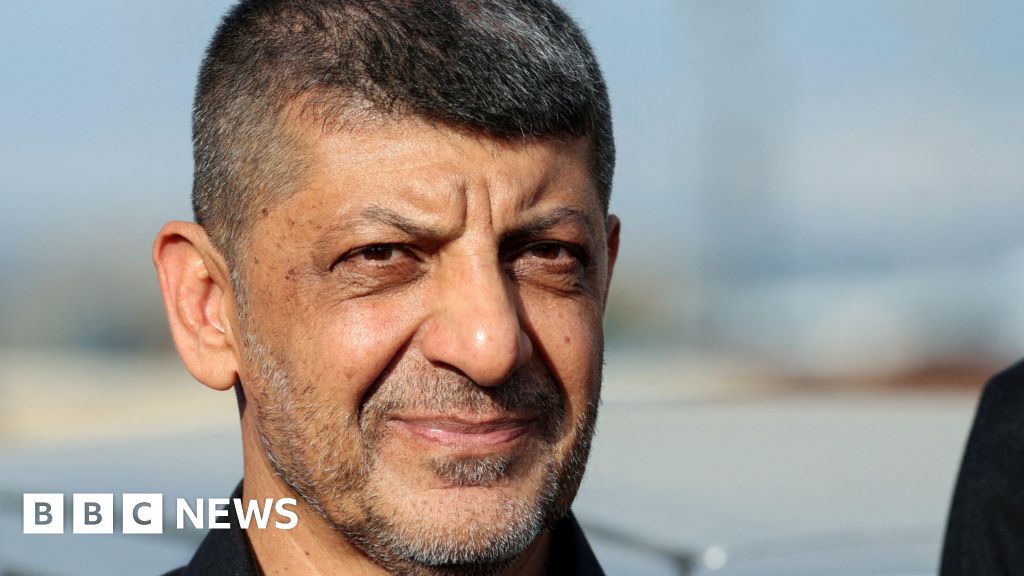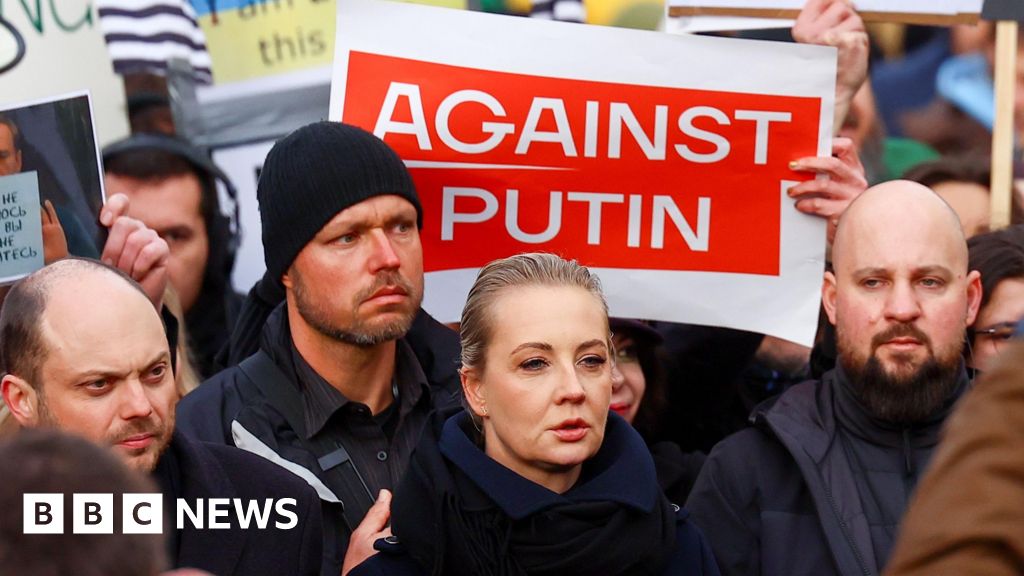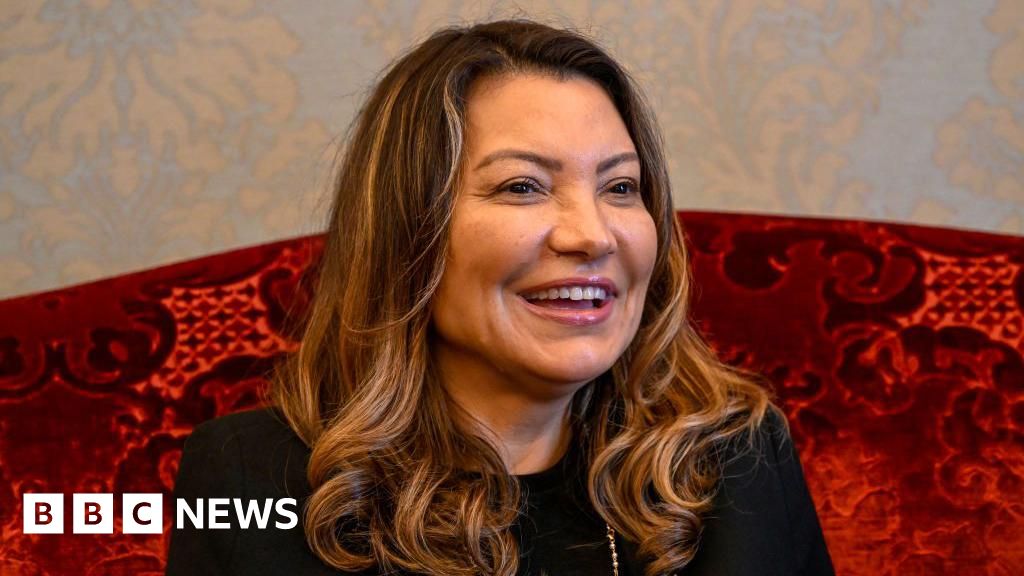ARTICLE AD BOX
Image source, Getty Images
Image caption,Zhirinovsky was notorious for making outrageous threats to countries as diverse as Japan, Germany and the Baltics
Ultranationalist Russian political leader Vladimir Zhirinovsky has died aged 75, after a career built on fiery remarks and absurd antics.
He stood for the presidency six times and was part of the official opposition tolerated by President Vladimir Putin.
Last December he appeared to predict Russia would attack Ukraine.
He claimed to have had eight Covid-19 vaccinations. He contracted coronavirus and died weeks after being admitted to hospital with pneumonia.
His death was finally confirmed by parliament speaker Vyacheslav Volodin on Wednesday, after two reports earlier this year had been discounted.
Zhirinovsky was, he said, always in the thick of things: "A man who deeply understood how the world works and foresaw a lot."
Zhirinovsky's brand of clownish ultranationalism kept Russians shocked and entertained during more than 30 years of his political career.
In the early 1990s he claimed he dreamt of the day "when Russian soldiers can wash their boots in the warm waters of the Indian Ocean". In one of his final appearances before MPs, he said Russia would invade Ukraine and predicted almost to the day when it would happen.
"At 04:00 on 22 February you'll feel [our new policy]. I'd like 2022 to be peaceful. But I love the truth, for 70 years I've said the truth. It won't be peaceful. It will be a year when Russia once again becomes great."
His career was laced with similar threats to other countries, from the Baltics and Germany to Japan and the Middle East. He achieved international notoriety when he threw juice in the face of a political rival, Boris Nemtsov, during a TV debate.
Before he entered politics, he ran a Soviet state-approved Jewish cultural organisation. His Liberal Democratic Party of Russia was the country's first official post-communist political party and was widely viewed first as a Soviet stooge. Russians and the West were shocked when his party won Russia's first democratic elections in 1993.
Political commentator Konstantin Eggert labelled him "the Kremlin's pocket nationalist and scandal-monger". With hindsight, said Eggert, his success in 1993 was a precursor of the "barbaric revanchism" that had led to Russia's invasion of Ukraine.
Zhirinovsky told the BBC in 2018 that Ukraine was Russian territory: "It's our territory; it's our people. It's part of our country."
His career had declined in recent years - even though his party is widely viewed favourably by the Kremlin.
He secured a mere 5.6% of the vote in a 2018 presidential election that was marred by irregularities and by a ban on Russia's leading opposition figure, Alexei Navalny, who is now in jail.
When a respected Russian journalist accused Zhirinovsky in 2018 of groping him 12 years earlier, the politician's son condemned the remarks as slander.

 2 years ago
20
2 years ago
20








 English (US)
English (US)